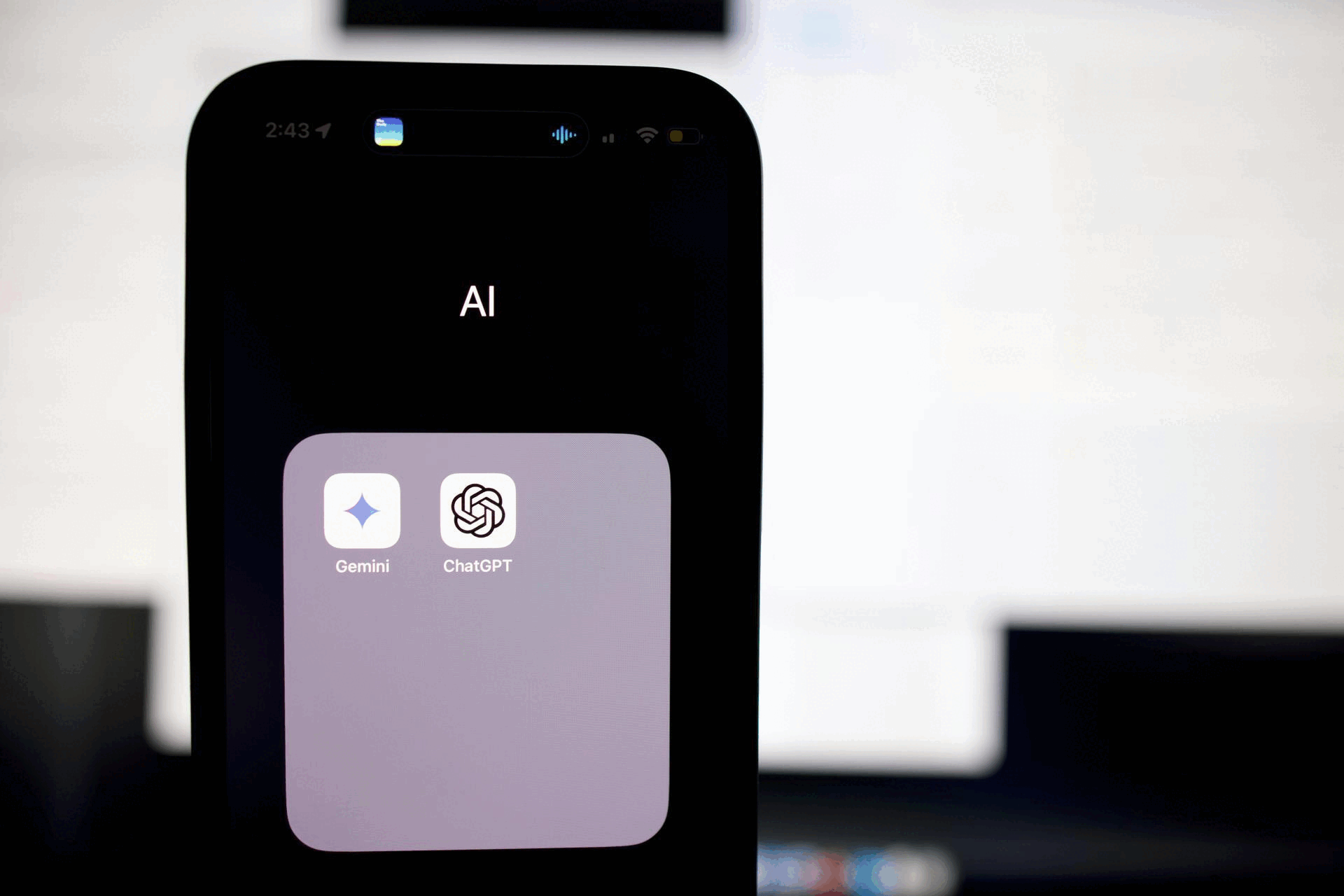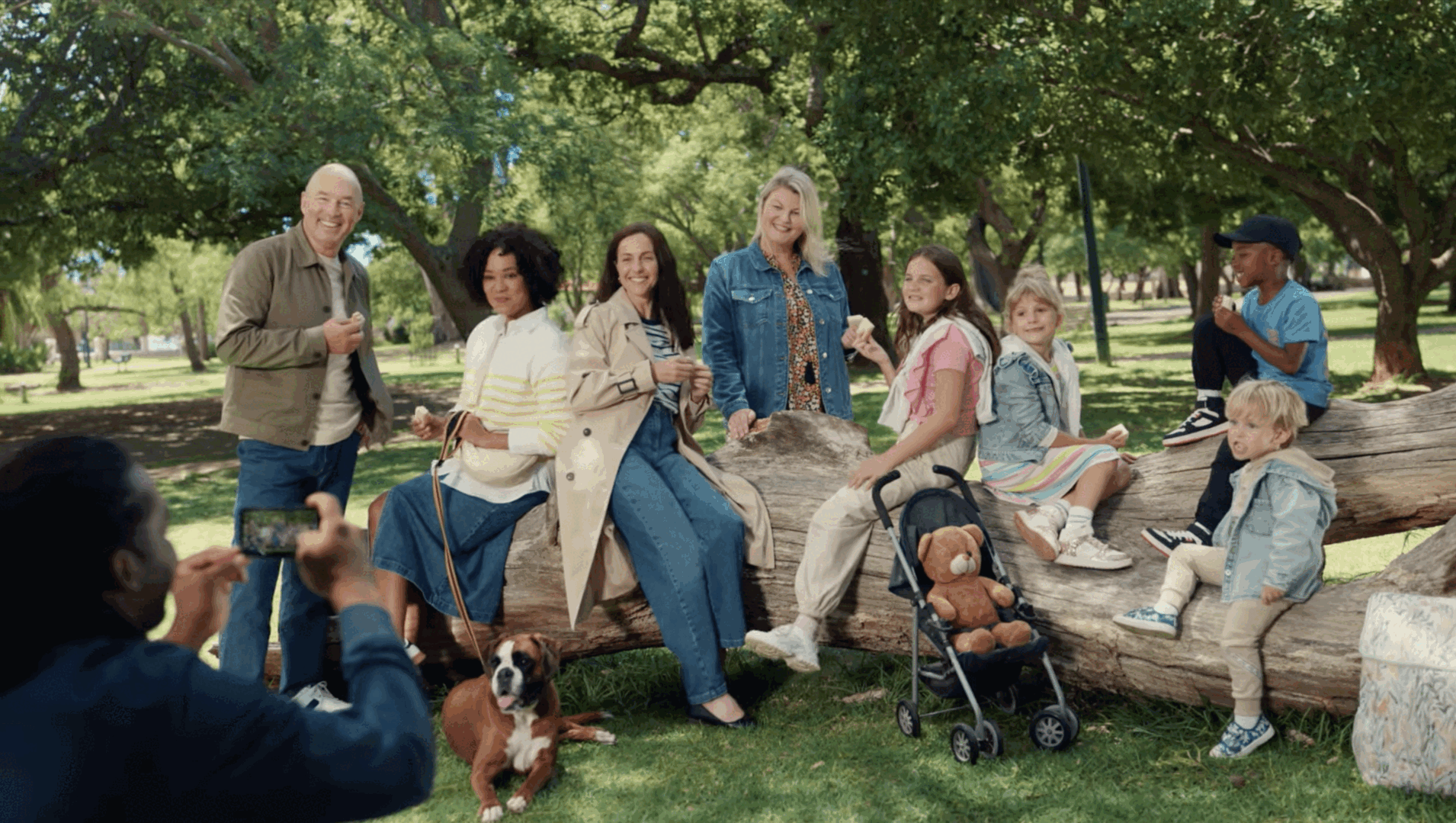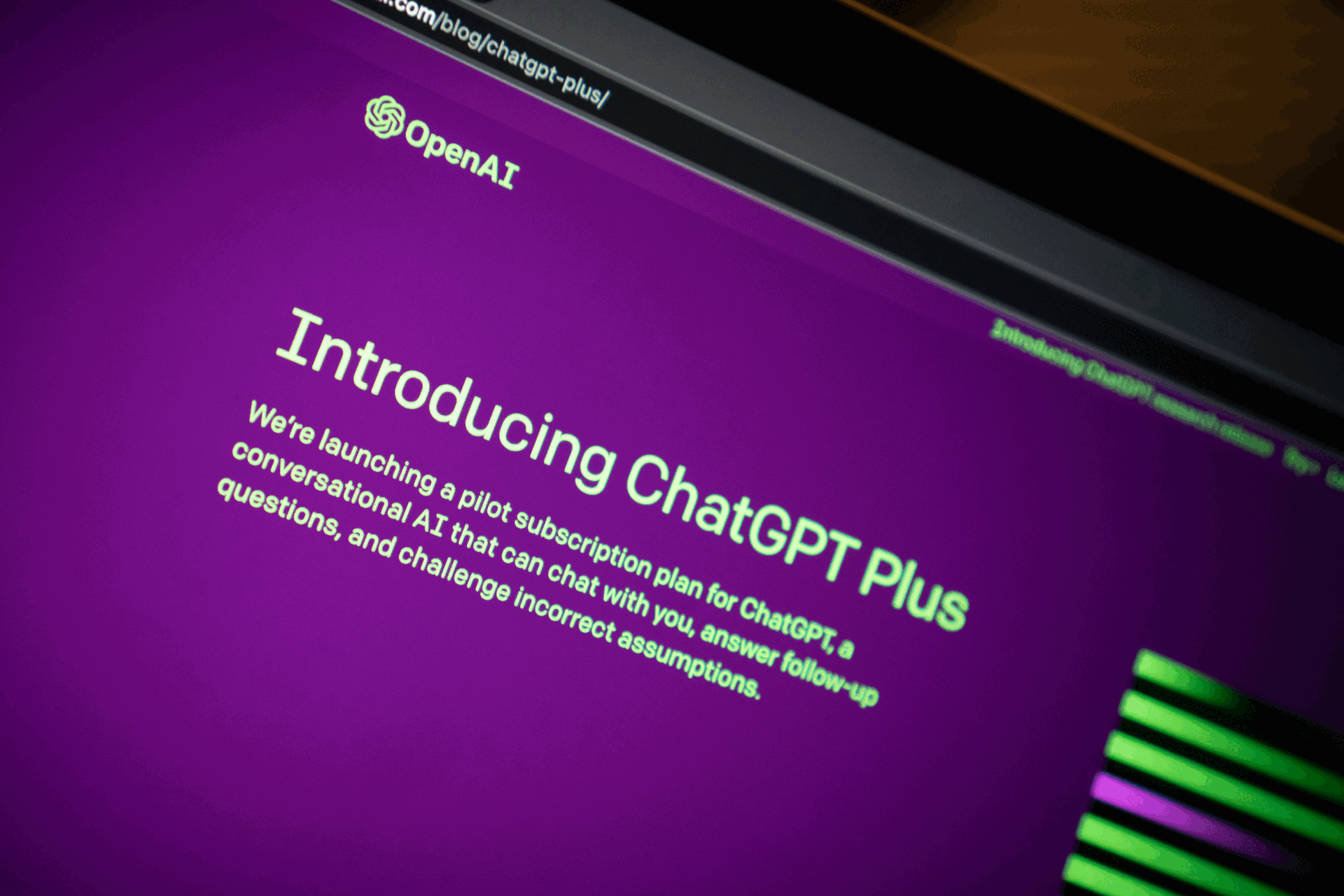Virgin Launch Highlights Challenges and Opportunities
- Thursday, September 7th, 2006
- Share this article:

Yesterdays launch of Virgin Mobiles Mobile TV service is a big step forward for the UK Mobile TV industry, but until industry players are able to identify which type of offerings best meet customer demand, and where the viable revenue streams lie, it will be difficult to identify concrete business models and encourage investment in this space.
So says Ingrid Silver (pictured), a partner at law firm Denton Wilde Sapte TMT, which has advised many players in the content distribution arena, including US content aggregator and technology supplier MobiTV on its move into Europe.
The Virgin service uses the digital audio broadcasting (DAB) network. At the end of July new legislation came into force effectively allowing for the transmission of television services on radio multiplexes, paving the way for the development of DAB services in the UK. Ofcom recently made changes to its television broadcast licences, allowing for the holders of such licences to transmit programmes over DAB as well as traditional broadcasting platforms.
“Virgin Mobiles delivery of broadcast content is a major milestone and one which will give consumers a taste of this exciting technologys capabilities,” says Silver, an expert in convergent technologies and board-member of the Mobile Entertainment Forum.
“A lot will depend on governments in Europe assisting their domestic industries by freeing up spectrum space. DAB is just one mechanism for mobile content distribution. There are of course others, such as 3G, Digital Video Broadcast – Handheld (DVB-H) and Wimax. They all have their relative strengths and weaknesses. DVB-H allows a greater number of channels to be offered, than say DAB, but as with 3G, requires significant infrastructure investment. It will be important for the regulators to support these technologies to enable them to evolve.”

















